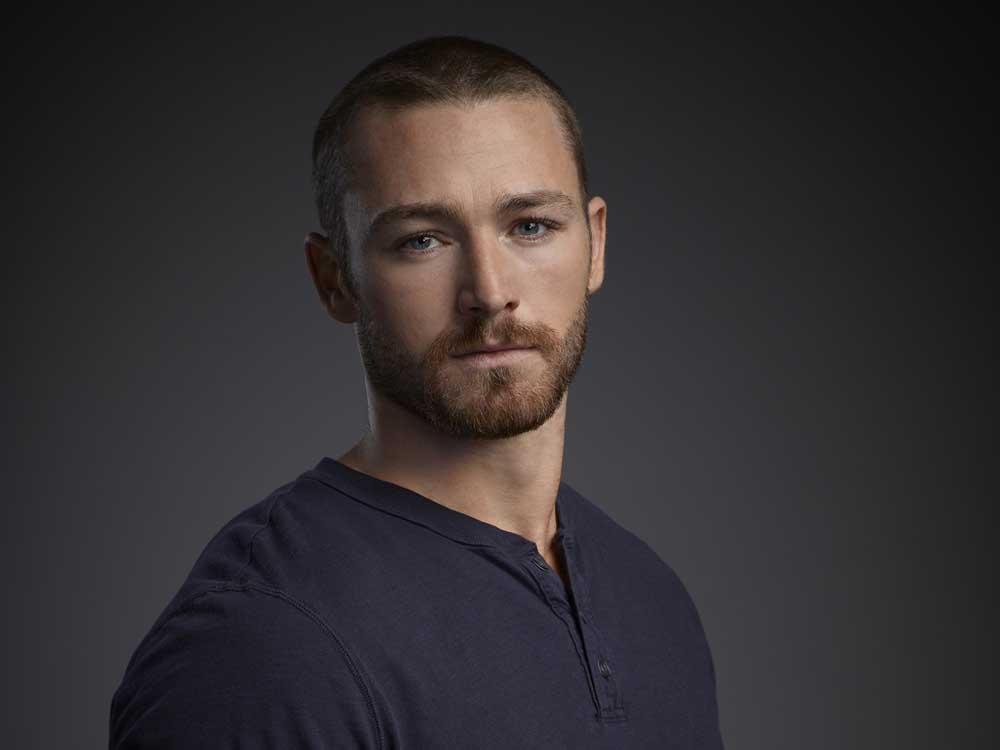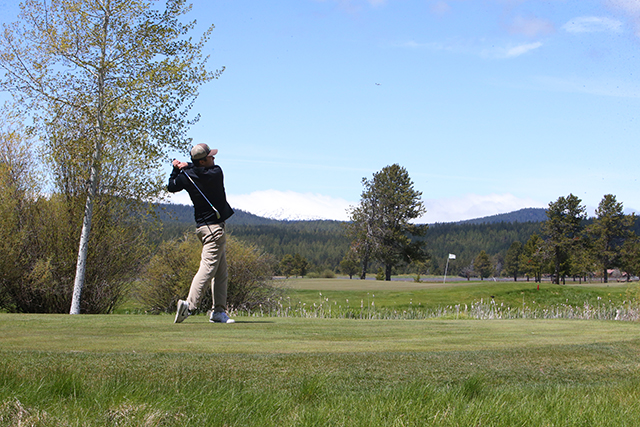NBC wants viewers to ‘Believe’ in family
Published 12:00 am Saturday, March 8, 2014

- Zap2itJake McLaughlin stars in “Believe,” premiering Monday on NBC. “I’m put in a situation,” he says about his character, “where I’m extremely reluctant to take on that (guardian) role. I’m trying to get out of it at every corner. I don’t know how to deal with kids. I don’t like kids. … As the show continues on, you’ll see that there becomes a level of attachment.”
One theme that runs through much of J.J. Abrams’ work as a writer and producer is family, from the ad hoc families of the college students on “Felicity” and the castaways of “Lost” to the father-daughter drama of “Alias,” the husband-wife drama of “Undercovers” and the father-son drama of “Fringe.”
Whatever situation the characters land in — and some of these shows have very fantastical premises — the core of the story is people struggling with, or forming, close family bonds.
Expect more of the same when Abrams’ latest project, “Believe,” premieres Monday. Created by Alfonso Cuaron (“Gravity”) and Mark Friedman for Abrams’ Bad Robot Productions — with Jonas Pate and Hans Tobeason as the current showrunners — it centers on 10-year-old Bo (Johnny Sequoyah), a precocious girl who was also born with a range of unusual powers, including levitation, telekinesis and precognition.
But she’s not fully in control of what she can do, and there are dark forces in the world who would like to exploit her, led by Roman Skouras (Kyle MacLachlan). So her protector, Milton Winter (Delroy Lindo), turns to an unlikely person — wrongfully imprisoned death-row inmate Tate (Jake McLaughlin) — to be her guardian as they move from town to town, one step ahead of danger.
As to the possible reason Tate was chosen for the job, says MacLachlan over lunch during a press event featuring the cast members in Pasadena, Calif., in January, “I would not even begin to suppose on that.”
“What I would say with regard to their relationship,” says Lindo of Bo and Tate, “is there’s a much bigger picture that I am attempting to bring together, and they’re part of that bigger picture.”
There’s even a little sibling rivalry in Winter’s group.
Says Jamie Chung, who plays Winter’s protegee Channing, “I have a trust in Winter and his decisions, but I think Tate’s a brute. I think I would be a better candidate.”
Emotions also play into Channing’s faith in Winter.
“I am paternal,” Lindo says. “I have a paternal relationship certainly with the character that Jamie plays. That’s a good characteristic to have as a basis for that part of our relationship.”
“In this storyline,” says Chung, “Winter is her mentor, but in real life also, in a person way, if I want to try something as an actor, I feel like Delroy will say, ‘Just give it a try.’”
Meanwhile, at another table sit McLaughlin and Sequoyah, and there’s a whole other father-daughter thing going on.
As for playing a surrogate dad to Bo, McLaughlin (“In the Valley of Elah”), an Army veteran who was injured fighting in Iraq, says, “I’m not only a dad (in real life) but a dad with a daughter the same age. My daughter’s 11.”
Says Sequoyah, “He basically treats her the same way he treats me.”
“I’m not mean,” says McLaughlin. “I’m a nice guy.”
“I’m trying to train him,” says Sequoyah.
“Table manners,” says McLaughlin. “We’re working on that now.”
Although McLaughlin is a father, Tate is thrown in at the deep end of unknown waters.
“I’m put in a situation,” says McLaughlin of his character, “where I’m extremely reluctant to take on that role. I’m trying to get out of it at every corner. I don’t know how to deal with kids. I don’t like kids. I don’t have anything to do with that. As the show continues on, you’ll see that there becomes a level of attachment from both of our sides.”
Even though the situations are often life and death, Bo never stops being a kid, and Sequoyah likes it that way.
“The thing is,” she says, “you think Bo would be all serious, but she’s not. When a serious scene is going on, she’ll be dancing. They don’t play her as a serious person unless something really serious is going on. Most of the time, she’s happy.”
But there’s a downside to being so young.
“A lot of the powers,” says McLaughlin, “they’re manifested through an emotion that she’s not controlling.”
Meanwhile, Channing has her own feelings for Sequoyah.
“It’s not maternal,” Chung says, “but it’s more like a big sister kind of relationship.”
“If you talk about the whole parent thing,” says Lindo, “I bet that, if you asked each of us, in terms of our desires for Bo, our ambitions for Bo, they would all have some parental element.”
And that even goes for Skouras, who has his own reasons for wanting to control Bo’s evolving abilities.
“I only see her potential,” says McLaughlin, “and her developing that potential. Maybe I’m the stern parent, but definitely, he has that kind of impact.”
Adds Lindo, “If Skouras is really committed to the positive things that he sees, that he can influence in this young lady’s life, and I see the same thing — we’re coming at it from two very different places.”






